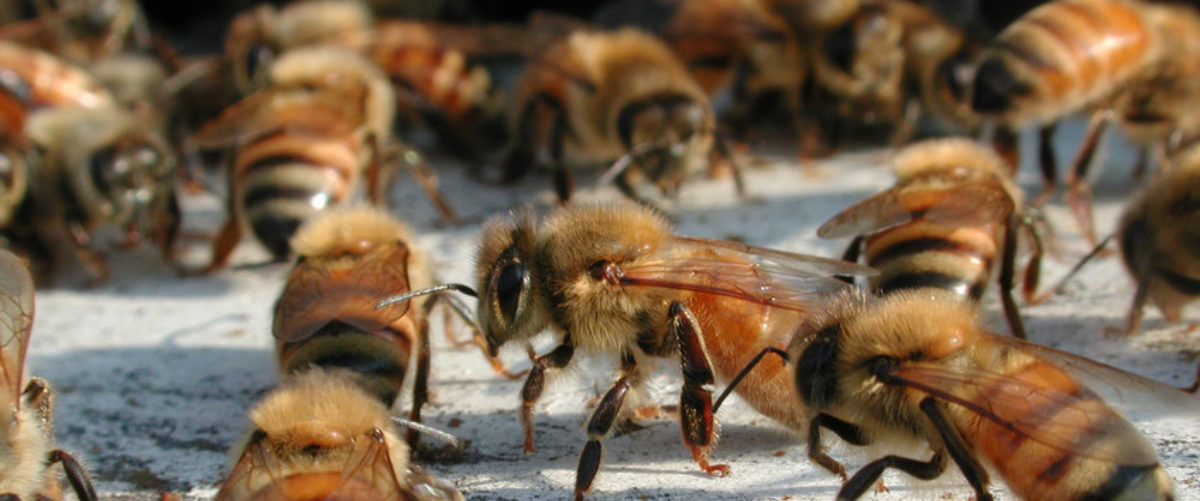How would you describe your association with apiculture? State Apiarist, regulatory and extension specialist
What is your specific area of expertise? Apiculture and Integrated Pest Management
Please describe the policy needs in your state. Increased funding in the budget; strengthen best management practices
Please describe the programming needs in your state. Address what to do with West Virginia Department of Agriculture (WVDA) honey production from state colonies; address status of WVDA owned extractors; address cutout/swarm lists maintained by the WVDA; make adjustments to online database management as needed;
Please describe the research needs in your state. WV needs more researchers dedicated to honey bee and pollinator research at the university or private industry level; possible in-house processing of honey bee and honey samples; updated lab facilities to allow this sample processing; better understanding of native pollinator contribution to and risk from agriculture/intensive honey bee management.
Describe ongoing happenings in your state (policy, programming and/or research). Continuing to adjust new online registration system and dealing with lower registration numbers because of the transition to the online registration system. Beekeeper education on integrated pest management in beekeeping (Varroa). Training in sustainable agriculture in cooperation with pollinator protection efforts; promoting Fieldwatch registration to aid in intercommunication between beekeepers and pesticide applicators
What do you feel are the most pressing issues in the mid-Atlantic region? Sustainable beekeeping practices to promote healthy interactions between beekeepers and native pollinator health.
West Virginia has a strong beekeeping history as well as a very active inspection program ran through the West Virginia Department of Agriculture (WVDA). New beekeeper education and implementation of integrated pest management for Varroa is a top priority for the WVDA as 97% of the state’s beekeepers are at the hobbyist level of experience and losses from Varroa and associated viral loads are the number one reason for colony loss throughout the state. Therefore, outreach through events such as club visits, youth educational outreach, and the offering of instructors for beginner classes are of primary importance. West Virginia also provides training in sustainable agriculture in cooperation with pollinator protection efforts. In spring 2022, the state became a participating member of Fieldwatch to aid in communication between beekeepers and pesticide applicators as part of their goal to promote pollinator health as part of their state pollinator protection plan. They are also working extensively with the Farm Service Agency, the West Virginia Conservation Agency, and the NRCS to cross-promote and raise awareness of the various applicable assistance and cost-share programs available to beekeepers. The WVDA has recently launched online apiary registration capabilities through which registered beekeepers may choose to voluntarily sign up for the state’s Best Management Practices, one of the first states to offer such a program for their beekeepers. The WVDA also offers participation in West Virginia Grown, the official marketing and branding program for agricultural products grown or produced in West Virginia.
MAAREC representatives for West Virginia are Shanda King, WVA Apiary Program; Don Riggs, board member of the West Virginia Beekeepers Association (WVBA); and Mark Lilly (WVBA)
